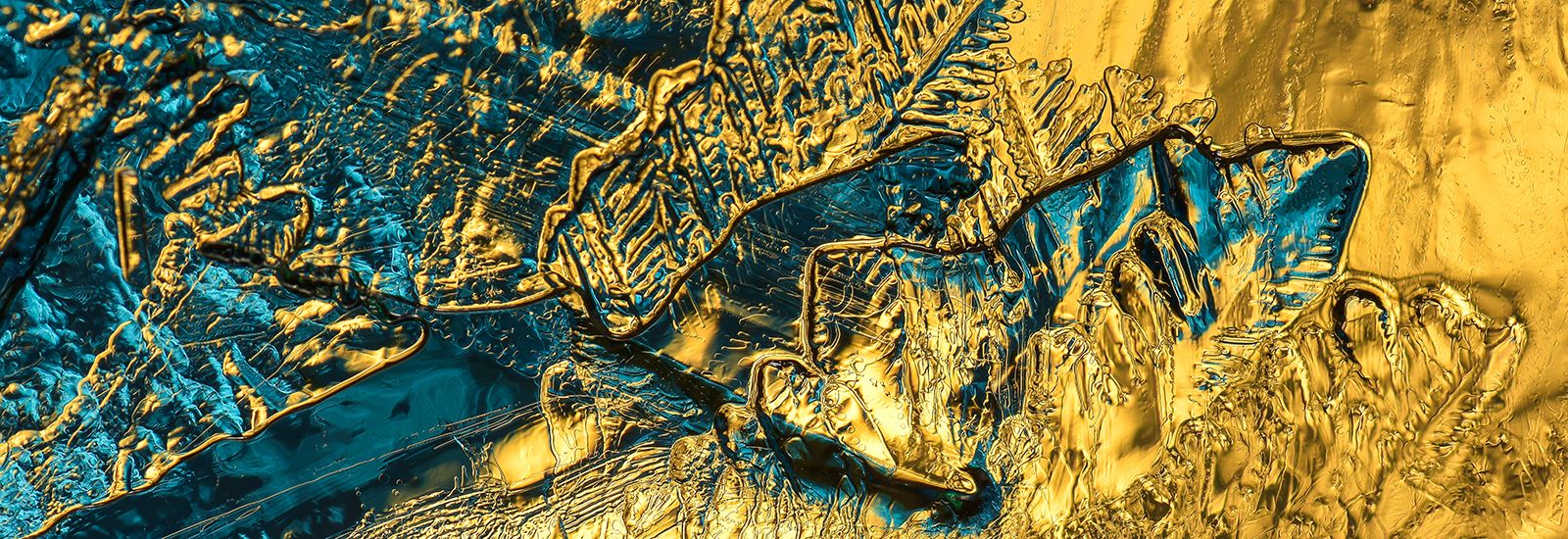
Physical Sciences
chemistry, climate, earth, engineering, geography, geology, materials, manufacturing, mechanics, physics...
Chemistry
The fantastic thing about chemistry is its diversity, and the broad skill set developed through studying chemistry makes it a highly prized degree in fields beyond science.
Chemistry student
Earth Sciences (Geology)
I always collected rocks and fossils as a hobby; and became fascinated by volcanoes at a young age. For me, Earth Sciences offered the right blend - using basic sciences combined with fieldwork to help study the workings of the planet - and I have never looked back.
Earth Sciences tutor
Engineering Science
It isn’t so clear at school, but there is really a lot of overlap between different science subjects. I chose Physics because I found it the most interesting at school, but then moved over to Engineering to become more applied.
Engineering tutor
Geography
Geography is really a study of how the world works. Its breadth is its greatest strength. Students can learn about all aspects of the physical and human world, and have an enormous amount of freedom to pursue their own interests.
Geography tutor
Materials Science
Materials scientists apply their fundamental understanding of physics and chemistry to engineer new materials, which drive technologies as diverse as quantum computing, nanotechnology, biomaterials, nuclear fusion and jet aviation.
Materials Science tutor
Physics
A knowledge of physics lets you do things that could only otherwise be considered magic. Levitating frogs, making objects appear and disappear, even looking back at the beginning of the universe!
Physics student
Can be studied on its own or with: